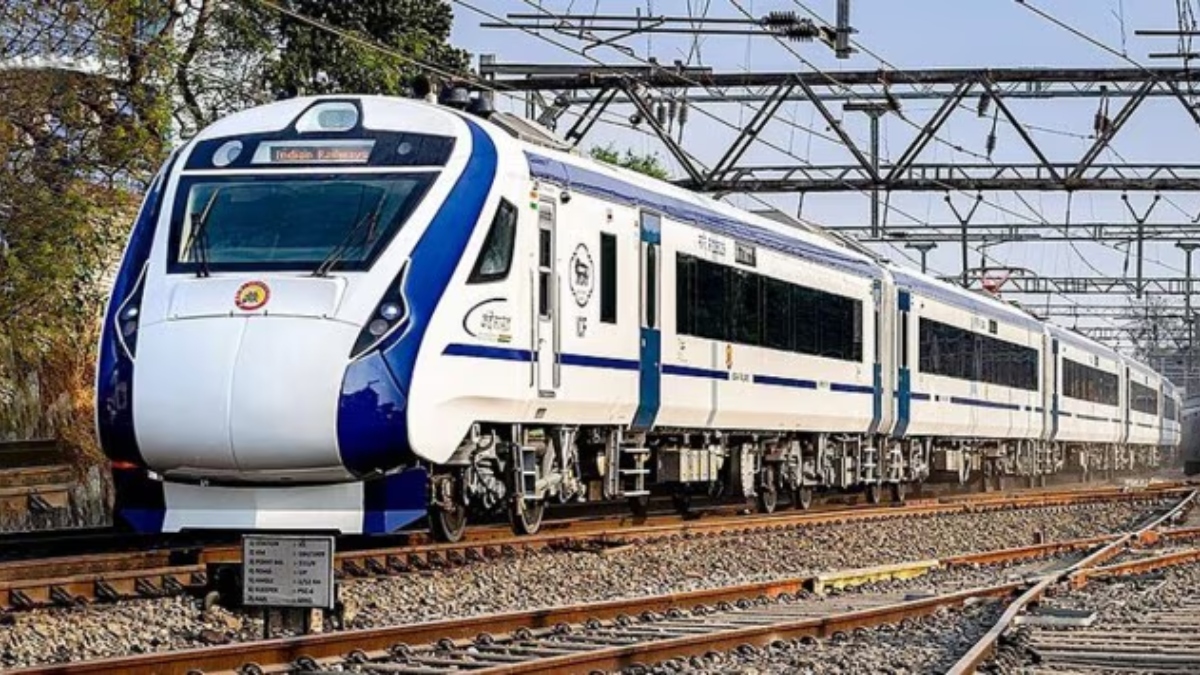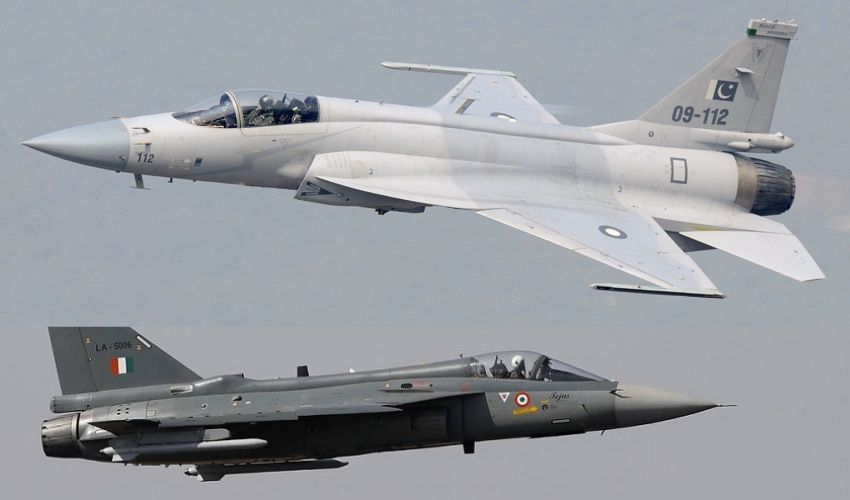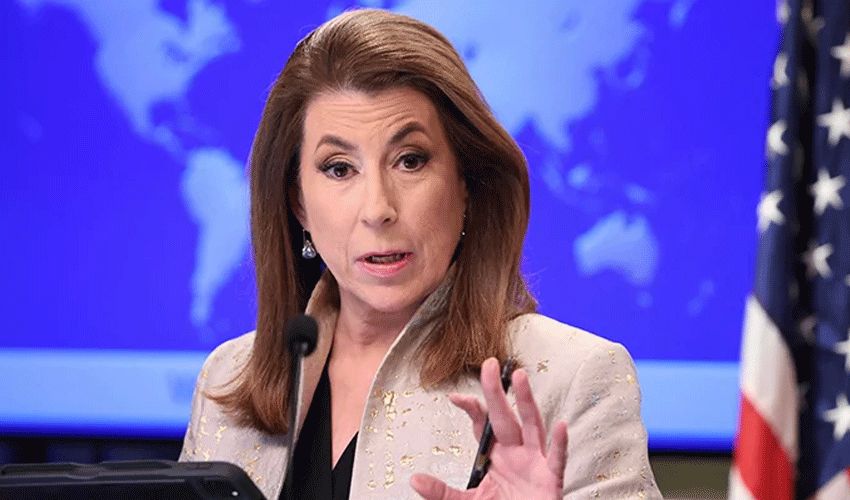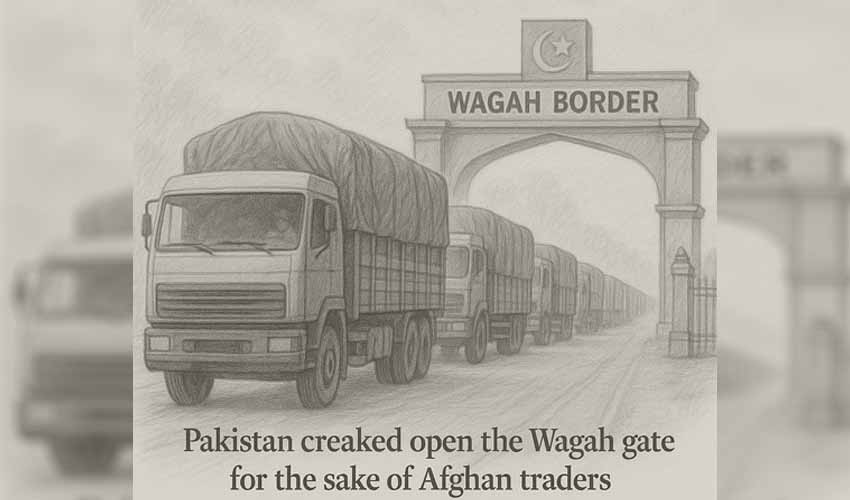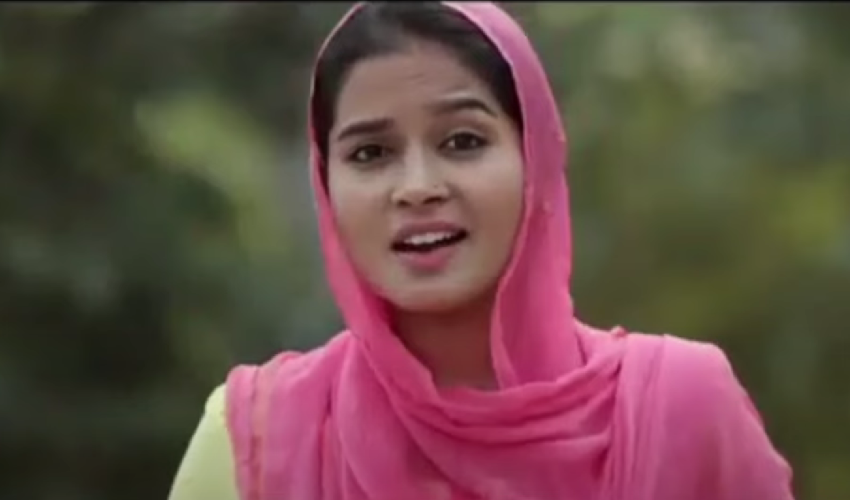Ashwini Vaishnaw, the Indian Union Minister for Railways, Communications, and IT, has presented data that both highlights the Indian Railways' revolutionary improvements during the last ten years of the Modi administration and underscores its neglect under previous Congress-led administrations.
Speaking at the Viksit Bharat Ambassador event in Mumbai, the Union Minister provided a thorough explanation of how the Railways, which were viewed and handled like a "milch cow" under past administrations, experienced comprehensive growth during the Modi administration.
The Minister captivated the audience with his in-depth presentation as he explained how the Railways have added a significant amount of networks and undergone extensive electrification and modernization, to the point where developed economies are finding it difficult to keep up with India.
The Union Minister told the Viksit Bharat Ambassadors "Today, a 4 km rail track per day is being built in the country. In the last financial year alone, we built a 5,300 km rail network, which is equal to Switzerland's entire train network. In the past 10 years, 31,000 km railway track was added, which is equal to Germany's entire network."
Giving a brief overview of the electrification and modernization of railways under the Modi administration, Mr Vaishnaw stated that during the last ten years, 44,000 km of railway networks had been electrified, compared to 20,000 km during the previous sixty years of Congress rule.
Today, we are heading towards 100 per cent electrification in the Indian Railways," he added.
Despite being the largest public carrier, Ashwini Vaishnaw claimed that the Railways were still in despair due to the ignorance and carelessness of the previous administration.
He said, "Conversion from Meter gauge to broad gauge networks should have been initiated during 1950-60s but that was taken up during NDA government."
The Minister went into further detail regarding the Modi government's refurbishment of train stations and production of domestically produced, contemporary trains.
More than 300 railway stations are undergoing renovation nationwide; Maharashtra alone is home to 120 of these stations. Modern models like the one at Shivaji Maharaj railway station are one example.
According to him, the government's persistent and steadfast commitment to strengthening railways as one of the main drivers of national growth has resulted in the realization of Vande Bharat and bullet trains.
He said that the region would see unprecedented development from the Bullet trains that connect eight cities between Maharashtra and Gujarat, and the domestic Vande Bharat trains will completely change how people commute and travel throughout the country.
"Modi government has made a sincere effort to indigenously develop Vande Bharat trains, rather than importing the modern units from developed economies," he said.
Saying that Vande Metro is part of the first 100-day plan of the Modi government's third term, he went on to say that with the launch of the Vande Bharat series, there will be revolutionary change in the coming years.
The Union Minister further said that "Vande Metro (connecting two cities), Vande Chair car (covering cities within 500 km distance) and Vande Sleeper (connecting cities over 500 km) will enhance comfortable travel while waiting tickets will be completely done away with."
He also predicted that in the next years, India will see a generational shift and become a global center for telecom services and semiconductor production.
The Minister revealed the drastic change in the mobile phone manufacturing industry by saying "10 years ago, 98 per cent of mobile phones were imported, today 99 per cent of mobile phones are made in India.”
He continued by saying that while mobile manufacturing was nonexistent under earlier regimes, it is currently becoming more and more of a worldwide center of production and export from India.
"Apple exported phones worth 8,500 crore in April alone and is slated to grow exponentially in years to come," he informed.
The Union Minister claimed that today's youth are rewriting India's history of development, using a girl from Bihar as an example.
He informed the audience of Viksit Bharat "I recently met a girl from a remote location in Bihar who worked at a mobile manufacturing unit and ran complex machines. When I asked how she felt about this, she told him that she was getting more recognition and respect than her village pradhans enjoyed."





